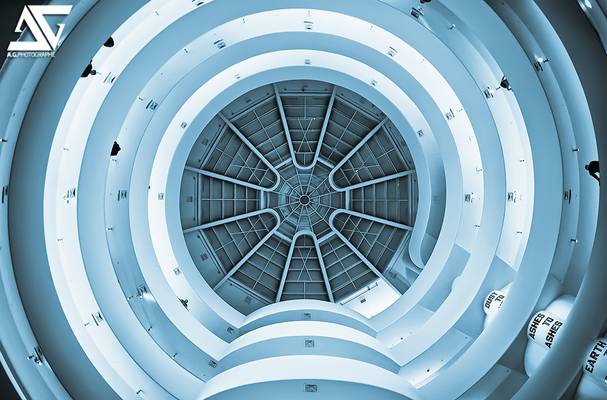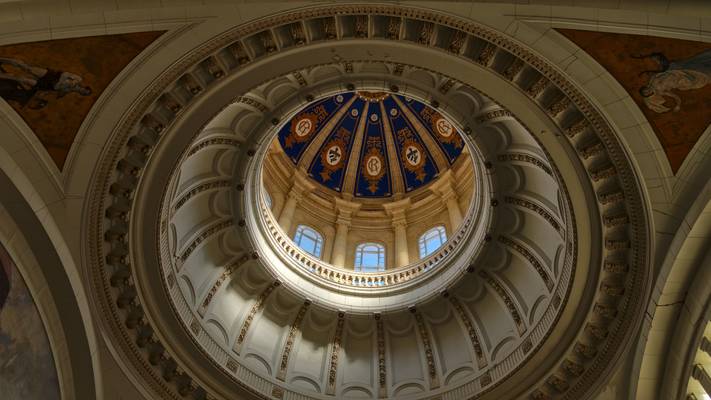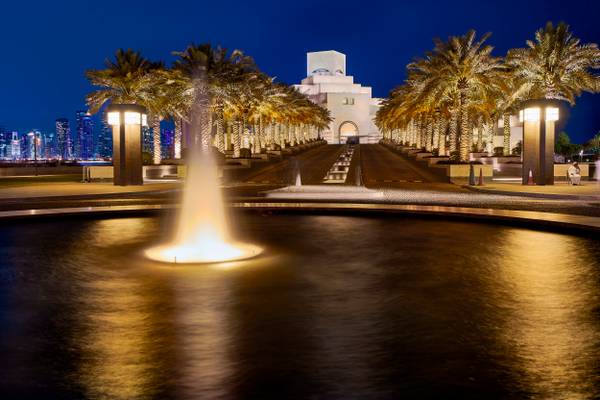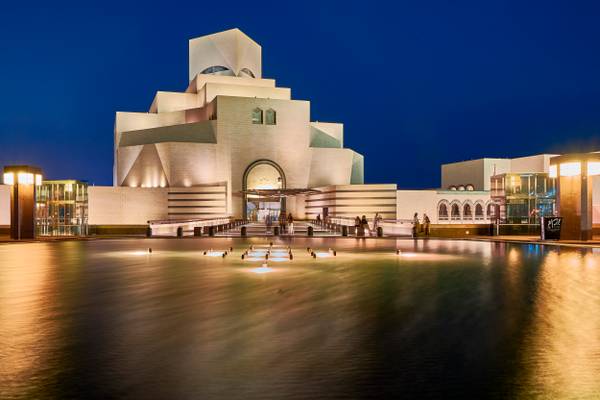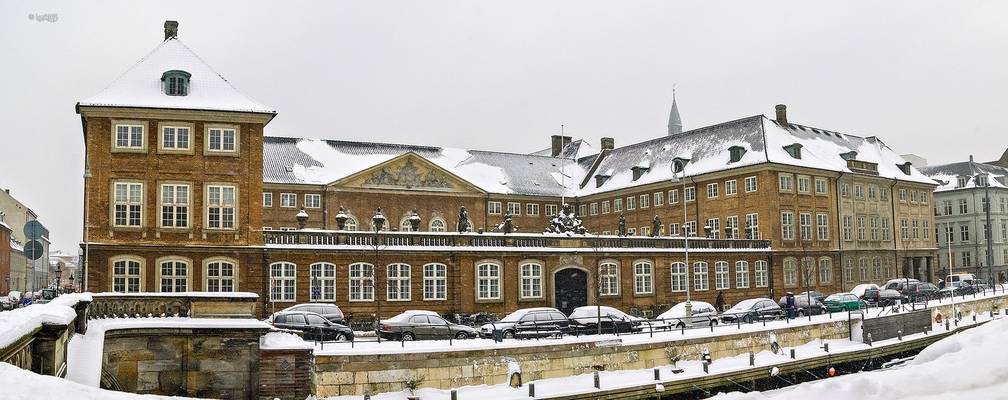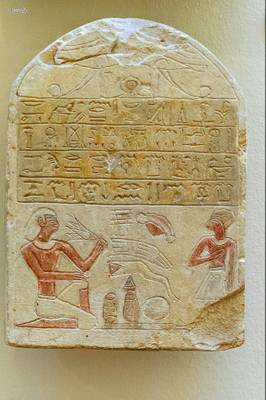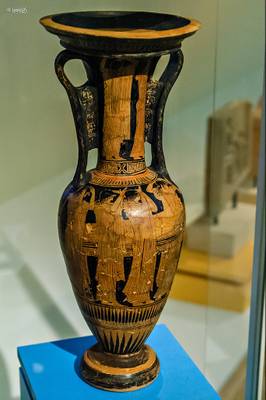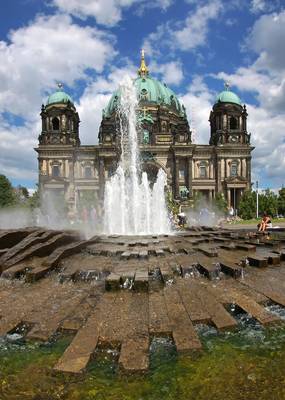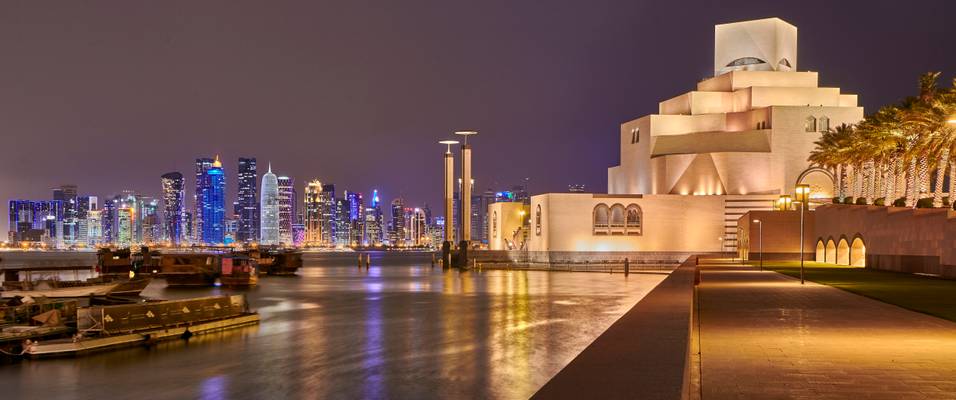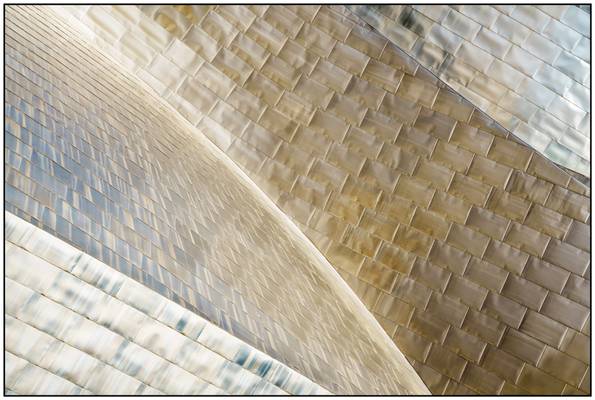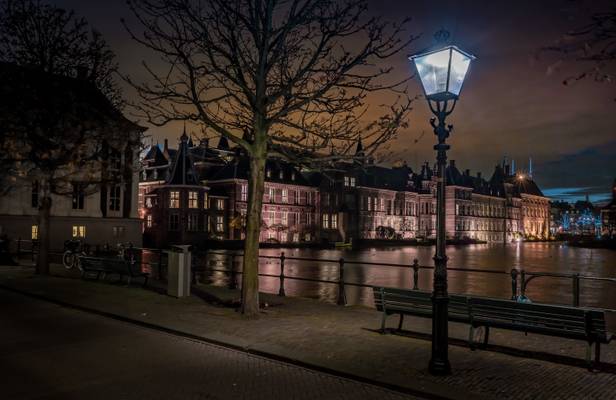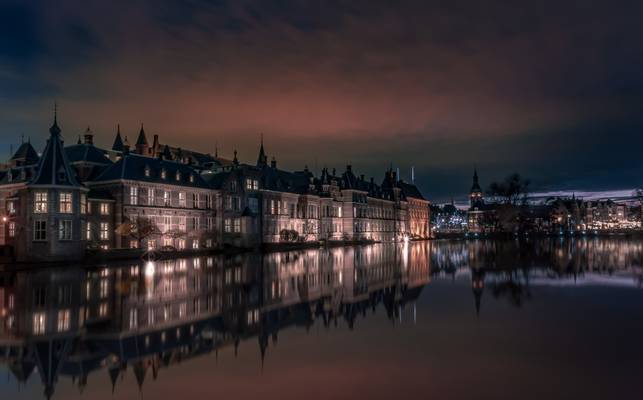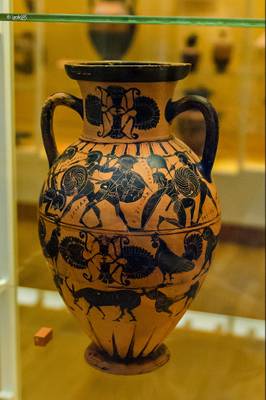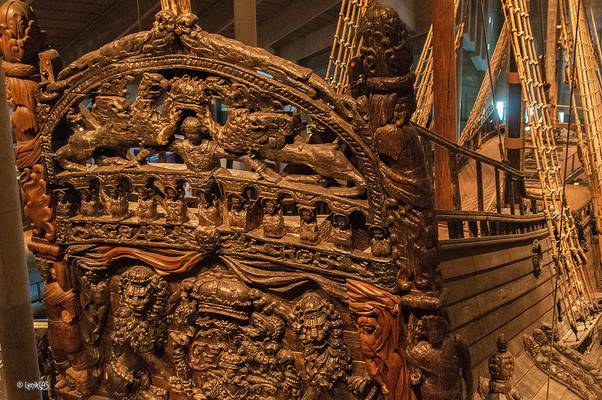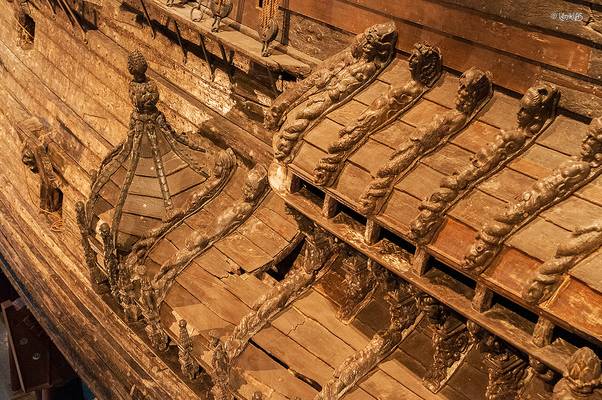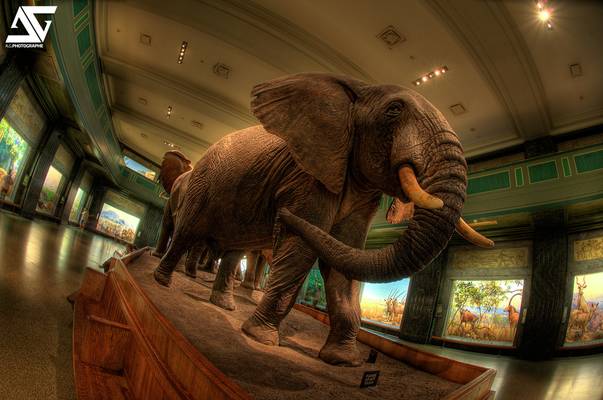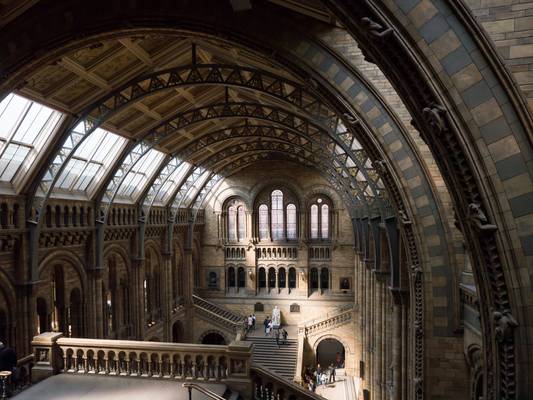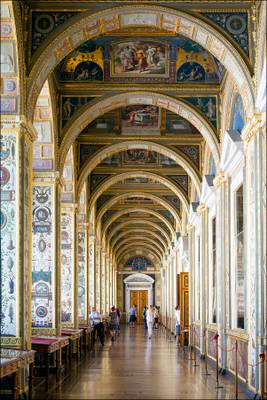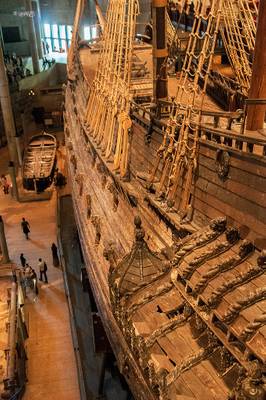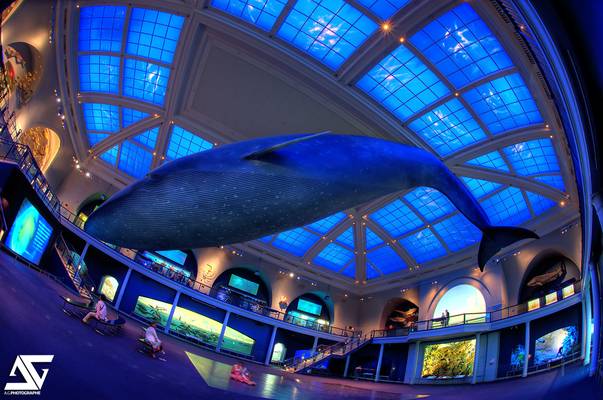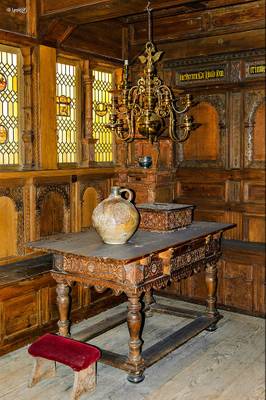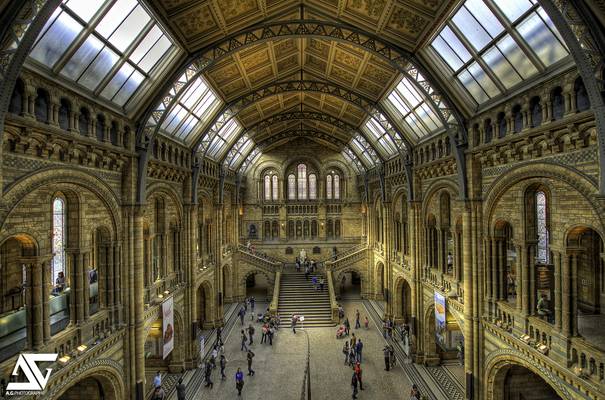
Museum
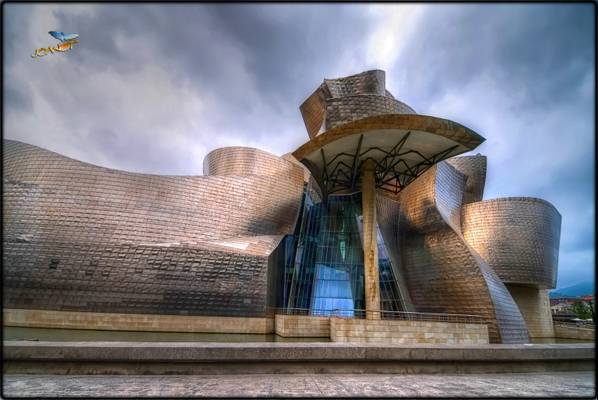
by Joanot Bellver
**Museu Guggenheim, Bilbo, Euskal Herria
All my photos in one click - Fluidr - 500px - Recent - Interesting - Random - Sets - Google Plus - Pinterest - Tumblr - Twitter - Explorer - Facebook -
No Awards, Please! All right reserved Contact: joanot@cmail.cat **
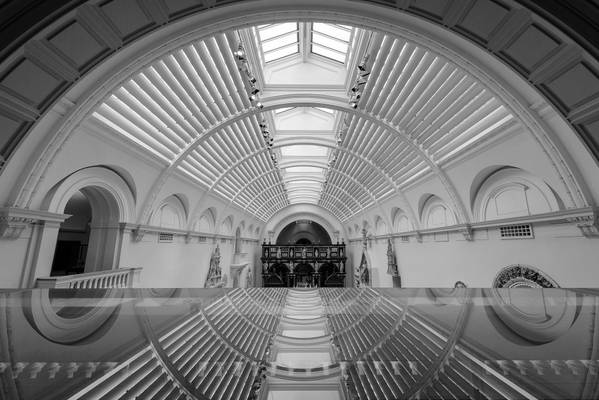
by Pete Rowbottom
It's absolutely ages since I've done any meaningful architechtural shots as I've been so busy it's easy to overlook my other favourite genre.
A day off last week saw me head down to London for a full days shooting, the weather had looked to be poor but the beauty of shooting in London is it really doesn't matter as you just switch to indoor locations, and there are so many you could have a week and still not get round them all.
I've come away from this day with a few images I'm really happy with, some from new locations, some I've shot in the past, this being one of my favourites, the light in here is gorgeous during the day but can pose a bit of a challenge with the dynamic range in the scene. I took the D750 for this shoot as the rear flip out screen is an absolute godsend for this type of photography, and allows you to frame up subjects from really unusual angles without having to lie on the floor and get covered in someone eklses chewing gum... something you only do once !
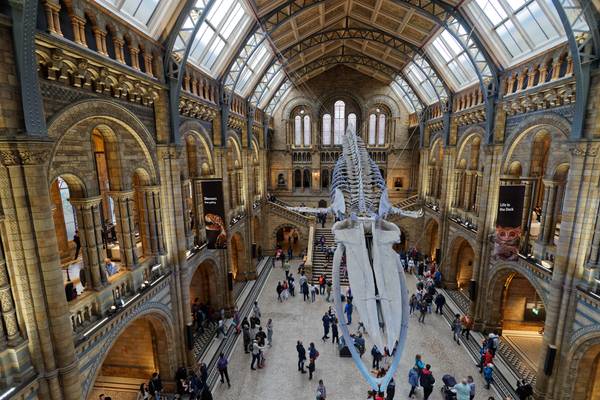
by jim stephenw
The Natural History Museum in London is a natural history museum that exhibits a vast range of specimens from various segments of natural history. The museum is home to life and earth science specimens comprising some 80 million items within five main collections: botany, entomology, mineralogy, palaeontology and zoology. The museum is a centre of research specialising in taxonomy, identification and conservation. Given the age of the institution, many of the collections have great historical as well as scientific value, such as specimens collected by Charles Darwin. The museum is particularly famous for its exhibition of dinosaur skeletons and ornate architecture—sometimes dubbed a cathedral of nature—both exemplified by the large Diplodocus cast that dominated the vaulted central hall before it was replaced in 2017 with the skeleton of a blue whale hanging from the ceiling.
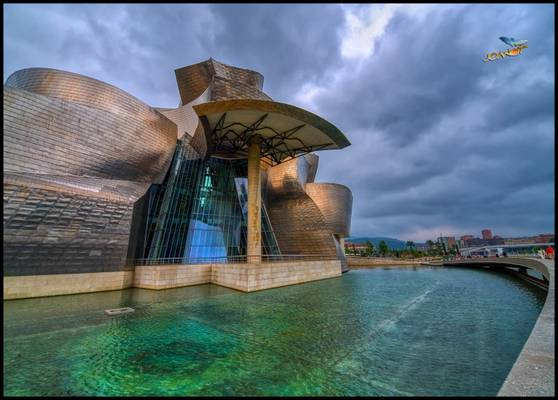
by Joanot Bellver
**Museu Guggenheim (Bilbo) Euskal Herria
No Awards, Please! - All right reserved - Contact: joanot@cmail.cat
All my photos in one click - Fluidr - 500px - Recent - Interesting - Random - Sets - Google Plus - Pinterest - Tumblr - Twitter - Explorer - Facebook - **
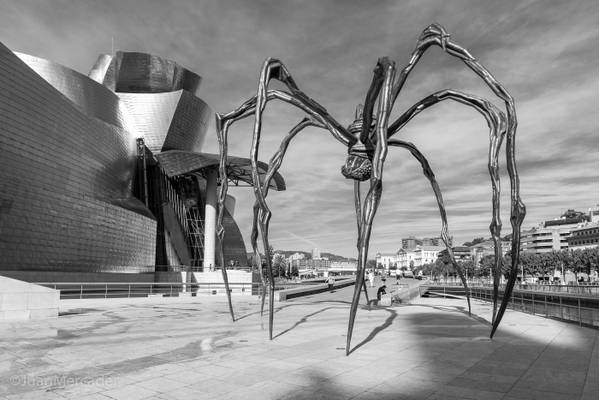
by Juan Mercader
Bilbao, Spain
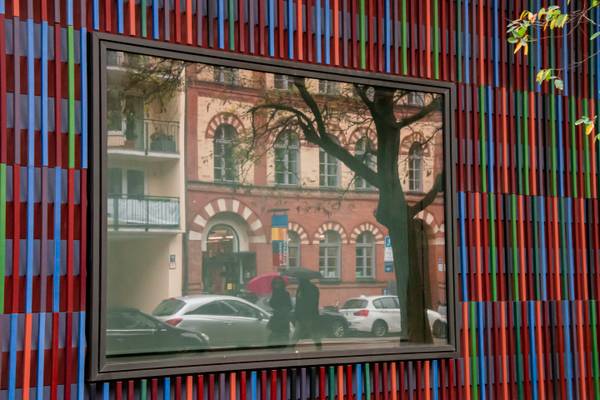
by Enrica Fabriani
Edificio totalmente revestido de tubos de cerámica de diferentes colores que alberga el museo Brandhorst de arte contemporáneo.
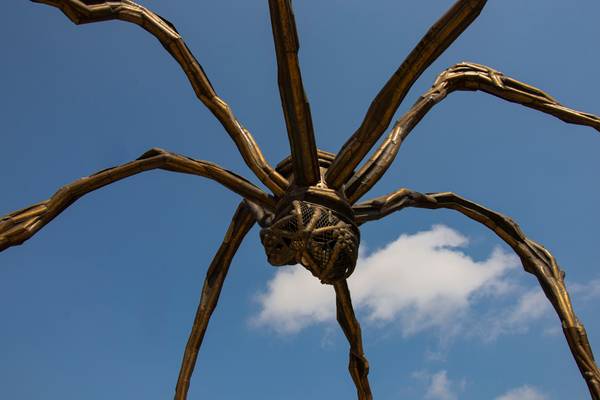
by Enrica Fabriani
Mamá, escultura de Louise Bourgeois instalada en 1999 frente al museo Guggenheim.
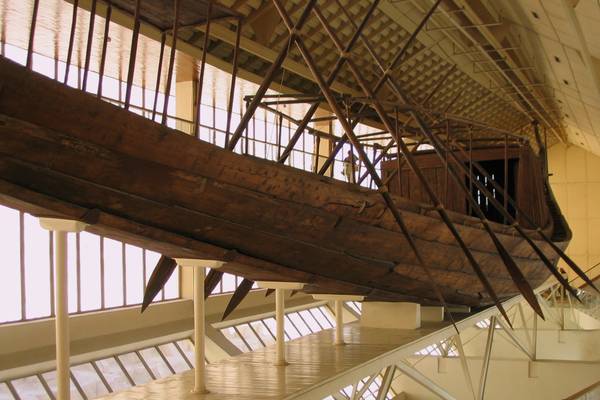
by Rob Oo
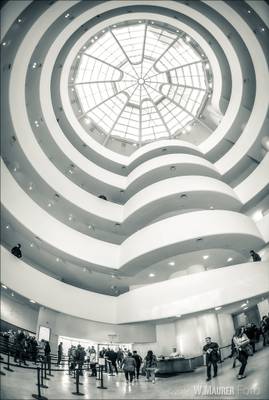
by Walter Maurer
Guggenheim Museum New York
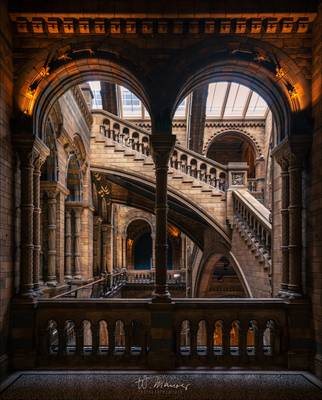
by Walter Maurer
Imposing architecture in the Natural History Museum London. Indeed it was not as empty as it seems on this picture. I spent some time on it in postproduction to get rid of a guy on the stairs and a green sign in the very middle, showing the way to an emergency exit. But cleaned up this way it looks much better.
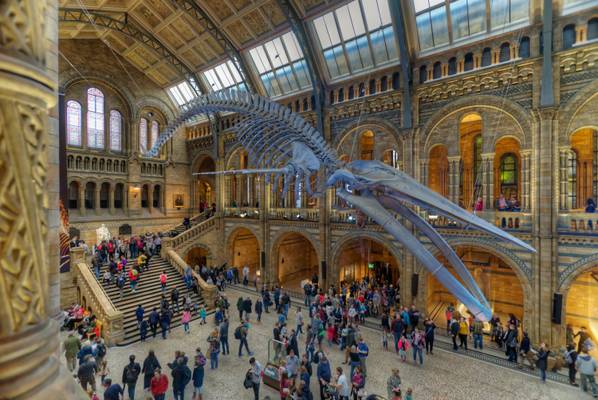
by jim stephenw
5 exposures at -1.3EV, -0.7EV, 0EV, +0.7EV and +1.3EV tonemapped using Photomatix Pro then edited using DxO Photolab. The Natural History Museum in London is a natural history museum that exhibits a vast range of specimens from various segments of natural history. The museum is home to life and earth science specimens comprising some 80 million items within five main collections: botany, entomology, mineralogy, palaeontology and zoology. The museum is a centre of research specialising in taxonomy, identification and conservation. Given the age of the institution, many of the collections have great historical as well as scientific value, such as specimens collected by Charles Darwin. The museum is particularly famous for its exhibition of dinosaur skeletons and ornate architecture—sometimes dubbed a cathedral of nature—both exemplified by the large Diplodocus cast that dominated the vaulted central hall before it was replaced in 2017 with the skeleton of a blue whale hanging from the ceiling.
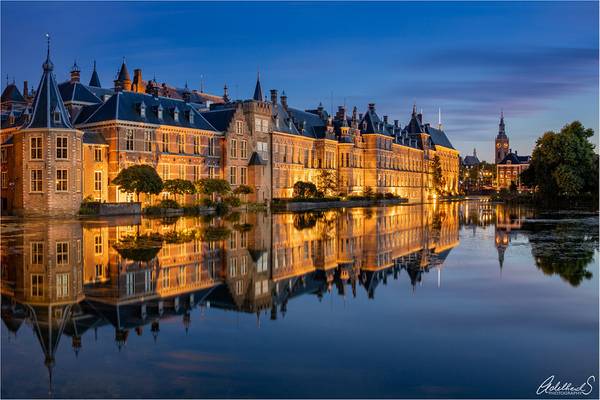
by Adelheid Smitt
The beautiful medieval Dutch government buildings and the adjoining pond, lit up on a pretty summer evening. The little round tower on the left is our Prine Minister's office. Next year the long overdue renovations start on the whole complex, so we will probably be looking at scaffolding for several years.
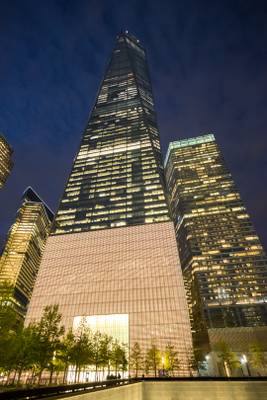
by Jakub Slováček
The tallest skyscraper in the Western Hemisphere.
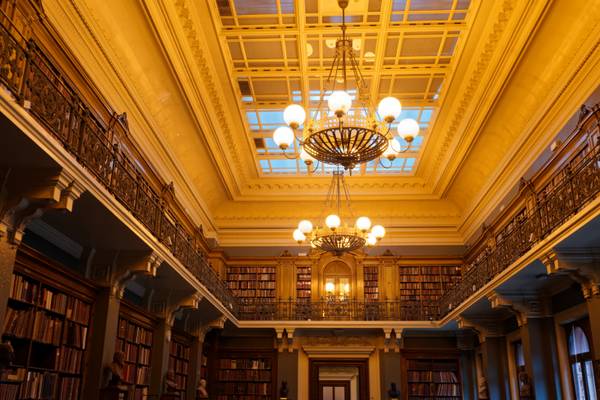
by jim stephenw
The Victoria and Albert Museum in London is the world's largest museum of applied and decorative arts and design, as well as sculpture, housing a permanent collection of over 2.27 million objects. It was founded in 1852 and named after Queen Victoria and Prince Albert.
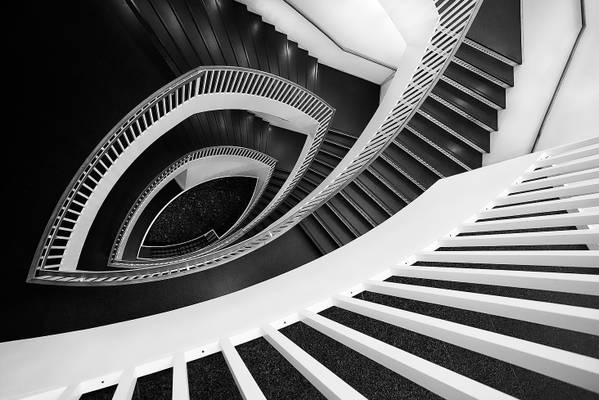
by Nenad Spasojevic
“To me, photography is an art of observation. It’s about finding something interesting in an ordinary place… I’ve found it has little to do with the things you see and everything to do with the way you see them.”
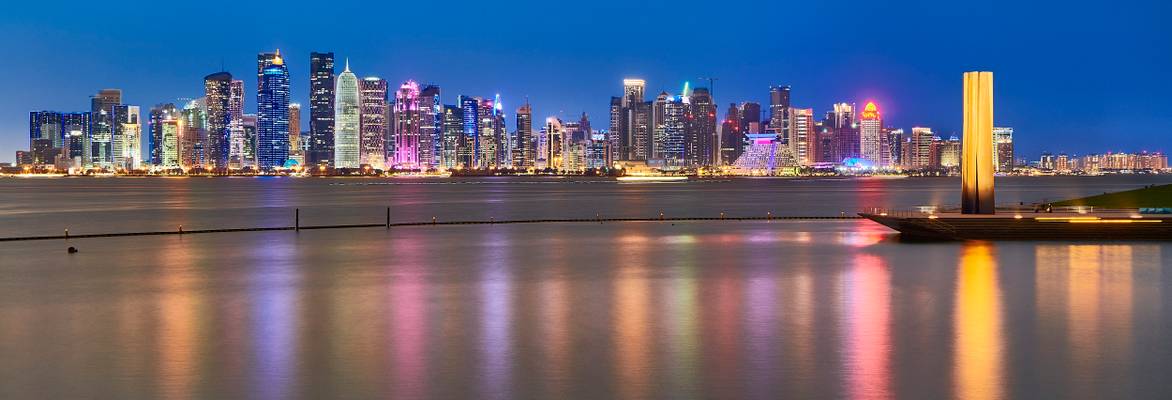
by Joao Eduardo Figueiredo
_DSC1369
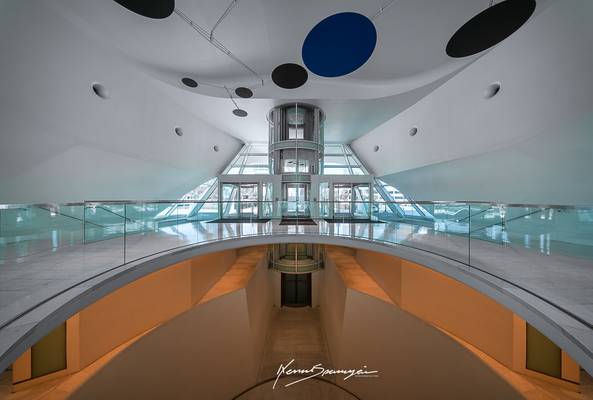
by Nenad Spasojevic
Have you visit this place? It’s both, source of visual and mental inspiration! And it’s a must visit place if you find yourself in the area. Milwaukee Art Museum is a hit and it’s very difficult to find a corner or the angle that is not photographed before. This is my take on this theme. What do you think?
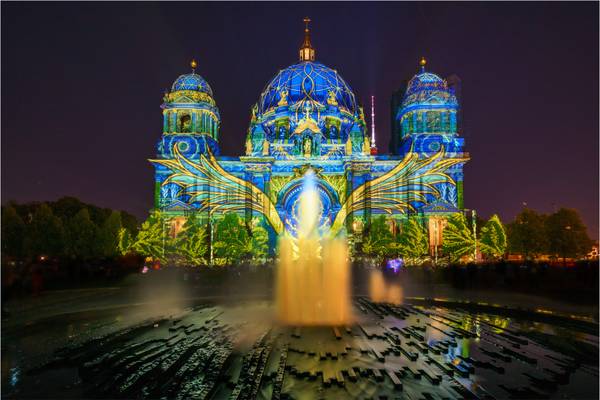
by Frank Voigtländer
Dom mit Springbrunnen im Lustgarten. Der rechte Turm war leider eingerüstet. Im Hintergrund ist noch die Spitze vom Fernsehturm zu sehen. 2020.09 Ostsee-Berlin-Dresden-603-BA
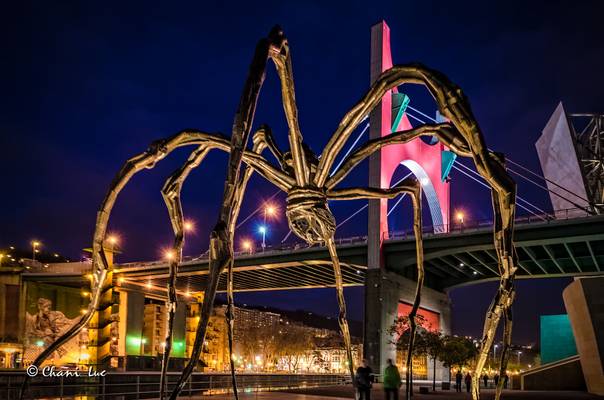
by Luciano Paniagua Montes
Louise Bourgeois Mamá (Maman), 1999 Bronce, mármol y acero inoxidable 895 x 980 x 1.160 cm Fundido en 2001 Museo Guggenheim, Bilbao
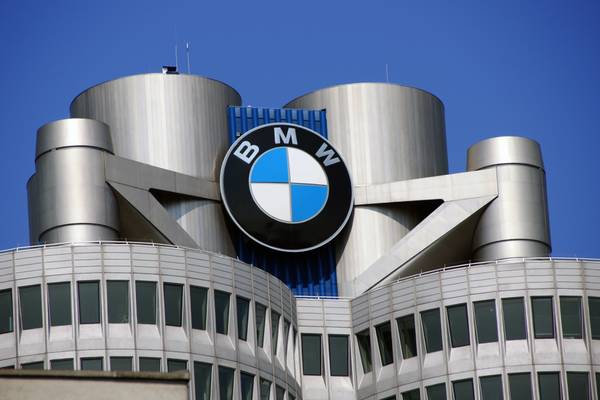
by Andrey Sulitskiy
SONY DSC
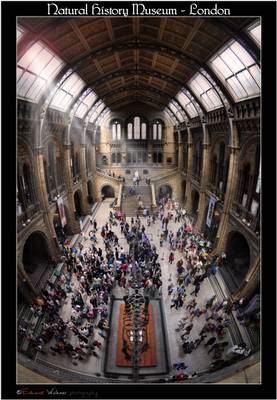
by Eduard Wichner
The Natural History Museum in London is a museum exhibiting a vast range of specimens from various segments of natural history. It is one of three large museums on Exhibition Road in South Kensington, the others being the Science Museum and the Victoria and Albert Museum. The Natural History Museum's main frontage, however, is on Cromwell Road.
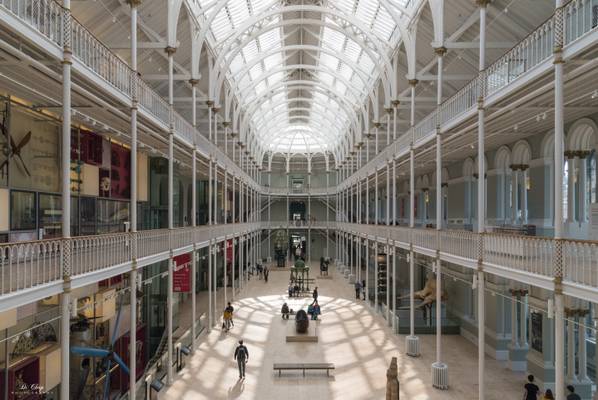
by Di_Chap
Edinburgh
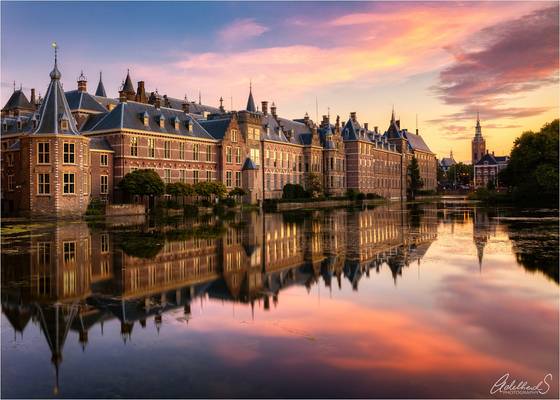
by Adelheid Smitt
This is the Dutch government buildings in the Hague. Earlier I posted a blue hour taken from this spot, but the sunset had been quite beautiful too.
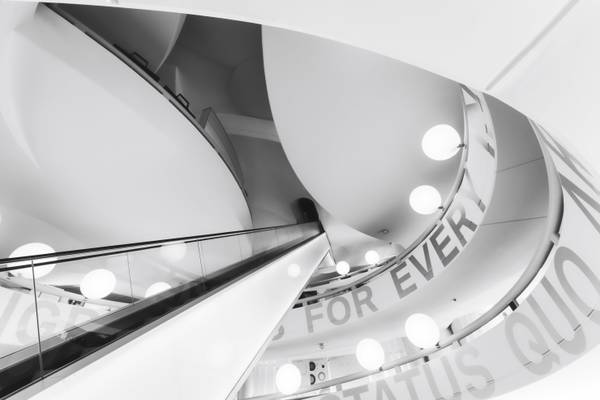
by Hilde Jüngst
BMW Museum
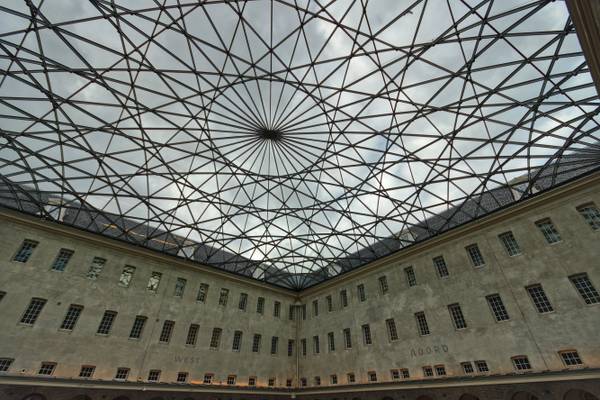
by Rob Oo
The fantastic roof of the National Maritime Museum, Amsterdam, The Netherlands.
More on the building: en.wikipedia.org/wiki/%27s_Lands_Zeemagazijn
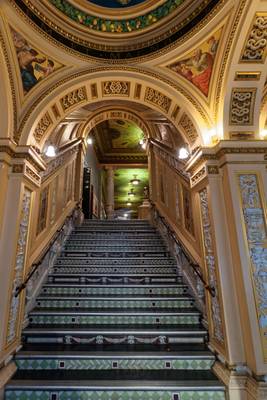
by jim stephenw
When it came to the fabric of the building, the Museum's first Director, Henry Cole, placed particular importance on the use of ceramics. From the terracotta architectural decoration outside to the tiling and sculpture inside, the use of ceramics throughout the building was chosen to demonstrate the material's versatility and provide a rich backdrop for the objects on display. One of the founding aims of the South Kensington Museum, as the V&A was first called, was to promote knowledge of both traditional and emerging forms of art, craft and design. The Ceramic Staircase, built between 1865 and 1871, perfectly embodies Cole's mission. The staircase was designed by Francis Wollaston Moody, a member of staff in the Museum's design studio and a lecturer in the adjoining School of Art. Moody was influenced by Godfrey Sykes, (the first decorative designer at the Museum), in his choice of elaborate ceramic tiling and sculpture which was intended to entice visitors up the main staircase, from the Refreshment Rooms below to the Ceramic Gallery on the floor above.
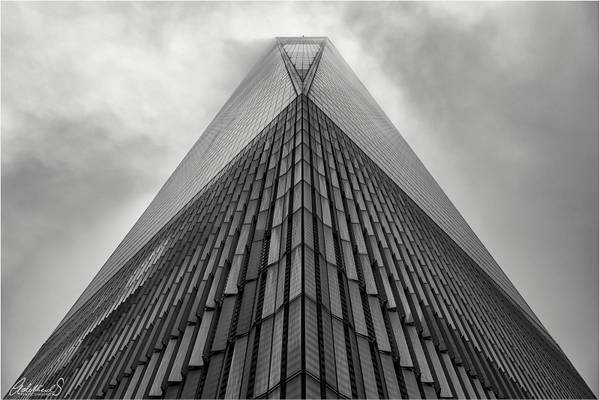
by Adelheid Smitt
A foggy and rainy day in New York. I liked trying for a different angle of NY's new icon.
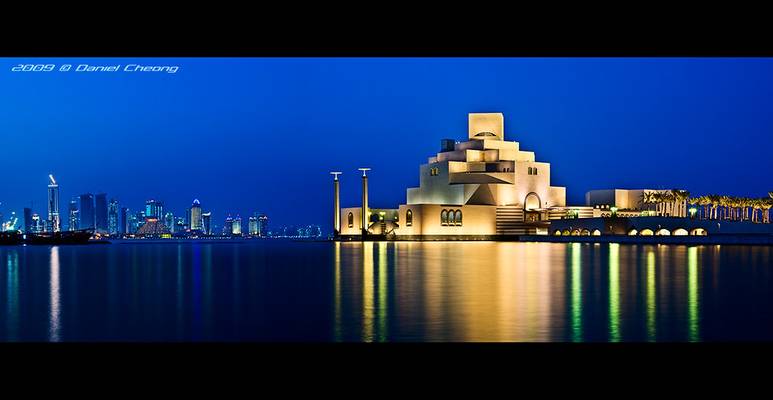
by Daniel Cheong
From a previous trip to Qatar back in May this year. Very impressive architecture, and the interior is even more fantastic. My next post will be an interior shot.
This is a panorama made from 2 landscape shots.
Qatar Set | Digital Blending Set | Night Photography Set | Panorama Set
Thanks to all Phoide contributors to Museum!
Most notably AG PHOTOGRAPHE, Lenis Las, Luciano Paniagua Montes, Rob Oo, Joanot Bellver, Pete Rowbottom, Joao Eduardo Figueiredo and jim stephenw.
